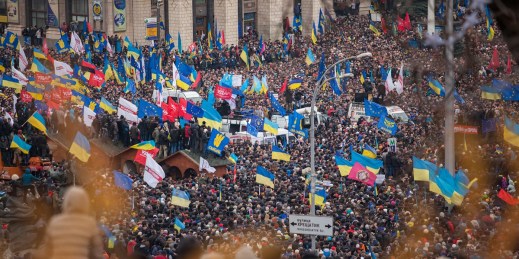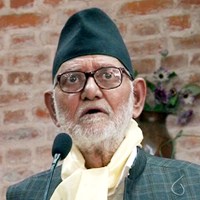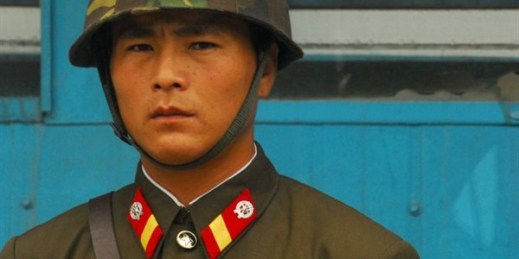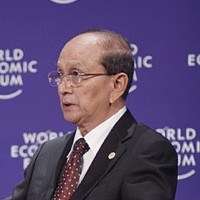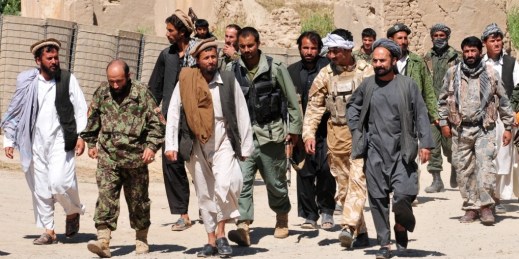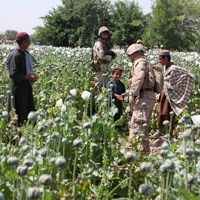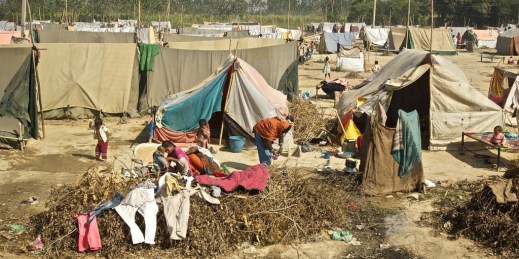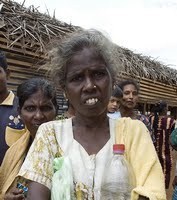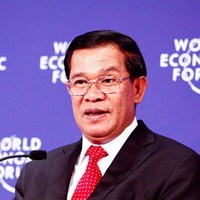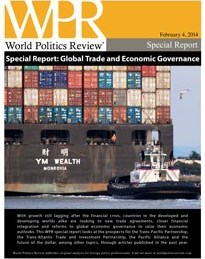
The protests in Ukraine and Venezuela and the unveiling this week by Defense Secretary Chuck Hagel of the Obama administration’s budget request to Congress would appear to be separate and unrelated events. Yet they are linked by the challenge those developments pose to the strategic assumptions that serve as the foundation of the fiscal year 2015 U.S. defense budget. The United States can no longer afford a strategy that hedges against all possible risks. The fiscal crunch, combined with the need to divert an ever-growing portion of the defense budget to personnel, health and pension costs and away from procurement—particularly […]

